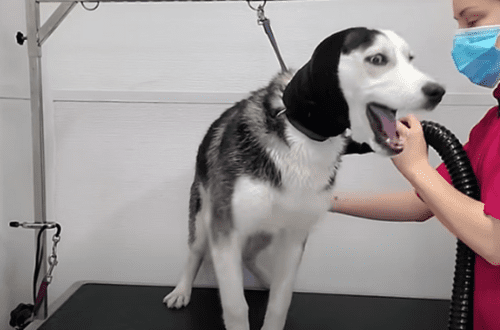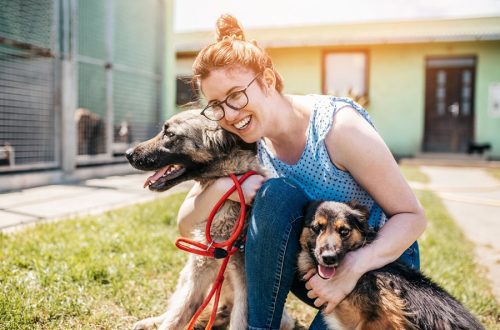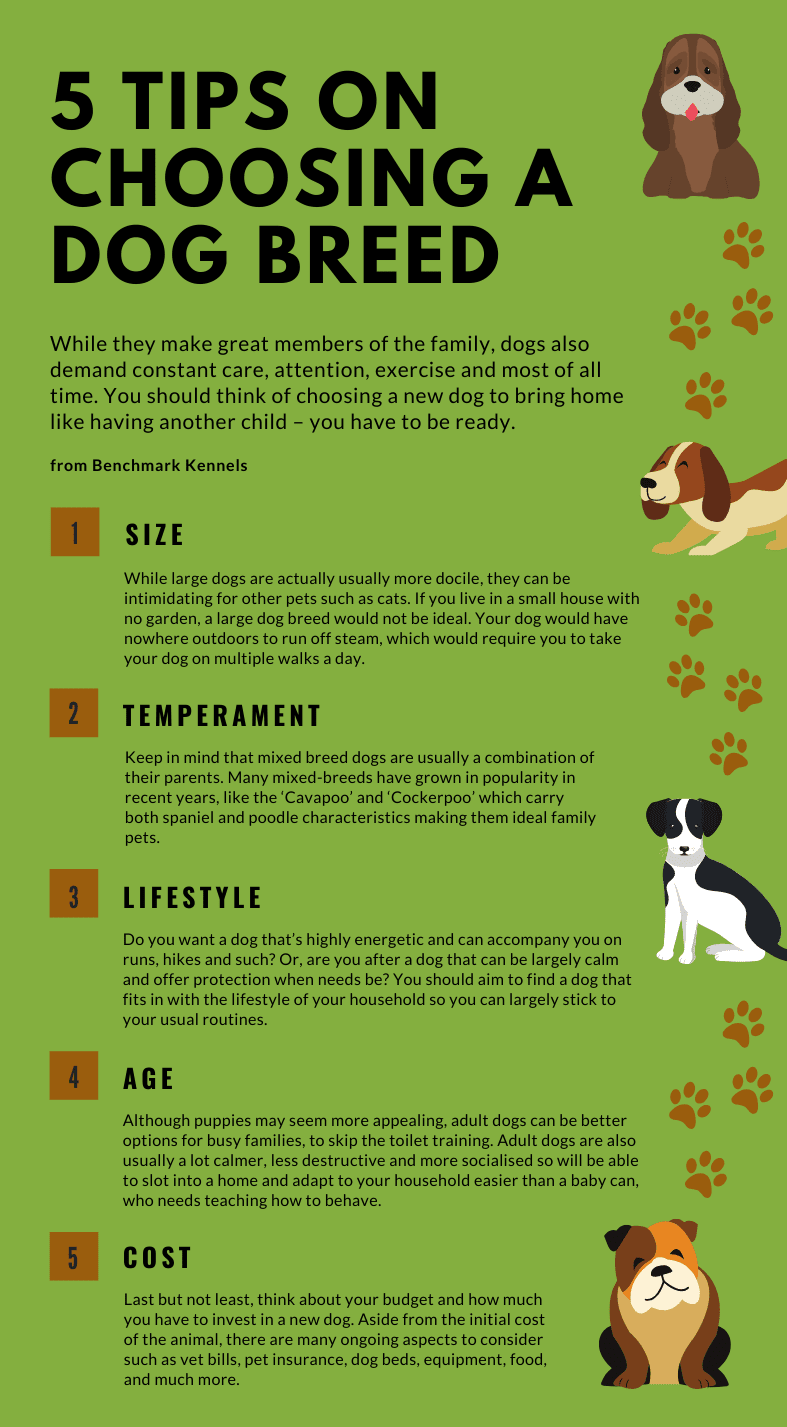
How to choose a dog breed
There are hundreds of dog breeds in the world, and new ones are popping up all the time. So a person who decides to get a dog can choose the breed that suits him. Why are there so many unhappy dogs and disillusioned owners?
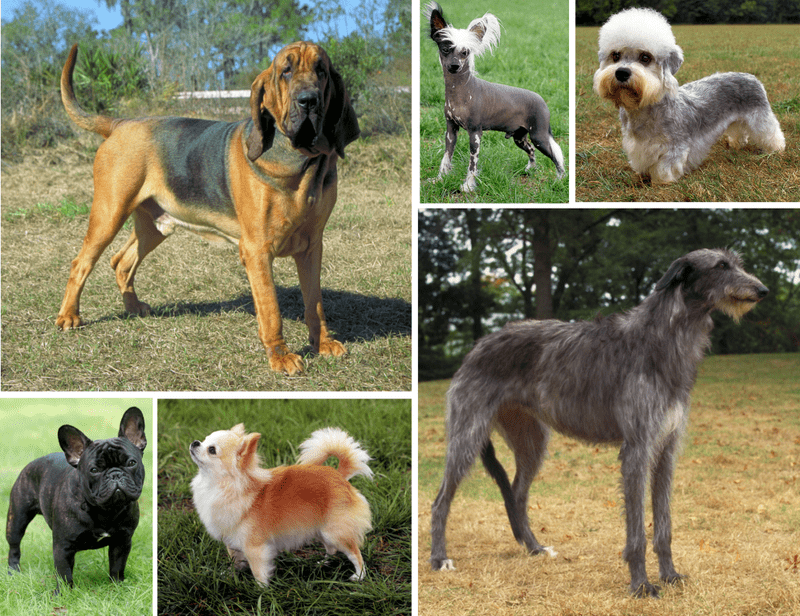
In the photo: dogs of different breeds. Photo: wikipedia.org
Unfortunately, this is often due to the fact that when choosing a dog breed, the future owner focuses mainly on appearance (for example, beagles have such cute ears, malamutes look like wolves, and huskies have blue eyes that are impossible to resist) or fashion (and here films about dogs sometimes do these same dogs a disservice by creating a completely wrong idea about the breed).
What should be guided by when choosing a pet, and how to choose the breed of dog that is right for you?
Contents
Appearance is important… but not only it
Appearance, of course, is important, because you live with a dog (and look at her) for many years. However, do not rush to grab the first puppy that seems cute. Study the breeds, select a few “candidates” you like, which you will later study in more detail, focusing on other qualities.
Size has the meaning. Some people like big dogs, some people like tiny ones. At the same time, it is worth soberly assessing your strengths in order to understand whether you can provide the dog with quality living conditions (for example, good nutrition) and whether your housing is suitable for keeping a giant. For example, keeping a Caucasian Shepherd Dog in a small city apartment is not the best solution (however, not only because of its size).
The other extreme is to assume that a small dog will require less time from you, for example, without walking. This is not true. Small dogs are not interior decoration, they have a “full set” of needs and need the owner’s attention no less than large relatives.
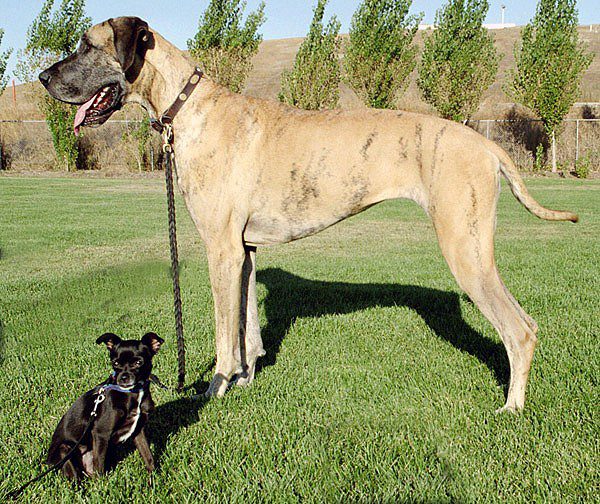
Photo by wikipedia.org
The choice of dog breed depends on your goals.
Answer the question “Why do you need a dog?» For example, if you want to raise a watchman and a security guard, then the American Pit Bull Terrier, despite its reputation and intimidating appearance, will disappoint you.
Study history and origin of the breed dogs that you like. This is necessary not only for general development. The fact is that each breed was bred for a specific purpose, which means that, generation after generation, the most suitable dogs for these specific purposes were selected. And this largely determines the character.
For example, the smooth-coated fox terrier was bred to fight a predator, often as large as a dog, in a cramped and dark hole. And dogs, therefore, required boundless courage, but at the same time composure, in order to quickly analyze the situation and make decisions. Making decisions on your own, mind you, is important. This means that these dogs can be quite aggressive and rely more on themselves than on the owner, so it is much more difficult to achieve unquestioning obedience from them than from shepherd dogs, for example, from border collies, in which the ability to understand a person has been fixed for centuries. something from a half-word, but also from a half-look, and at the same time execute the command without delay. So it’s no surprise that Border Collies are consistently top of the Obedience Championships.
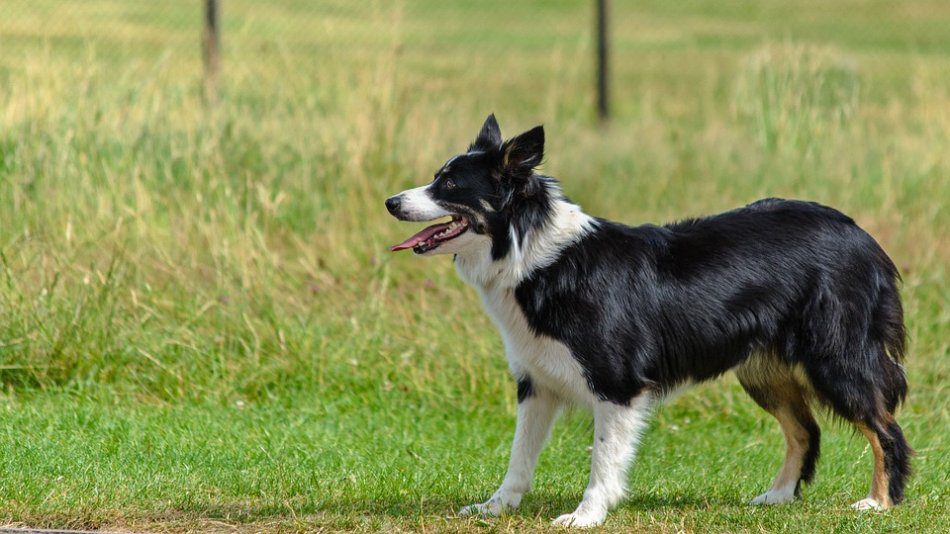
In the photo: a border collie at an obedience competition. Photo: pixabay.com
However, even within the same breed there are varieties. For example, my working bred Airedale Terrier is quite different from show bred Airedale Terriers: he is more excitable, energetic, has an instant reaction and a firmer character, but at the same time more human-oriented. In addition, individual differences are great, and even in the same litter there are puppies with different characters and temperaments.
The purpose of the breed will also give you an idea of how active the dog is. For example, huskies that were bred to travel long distances will require more than a leisurely promenade around the house for hygiene purposes. On the other hand, the English Bulldog, which is no longer used as a working dog, will appreciate a leisurely walk, but it is unlikely to be happy if you make him run a marathon.
Pay attention to health
Unfortunately, now most breeds have a whole bunch of genetic (hereditary) diseases, and in many cases this is a price for a certain appearance. For example, the real scourge of German Shepherds is hip dysplasia, and brachycephalics (for example, French bulldogs, pugs or Pekingese) often experience terrible breathing problems (and not only).
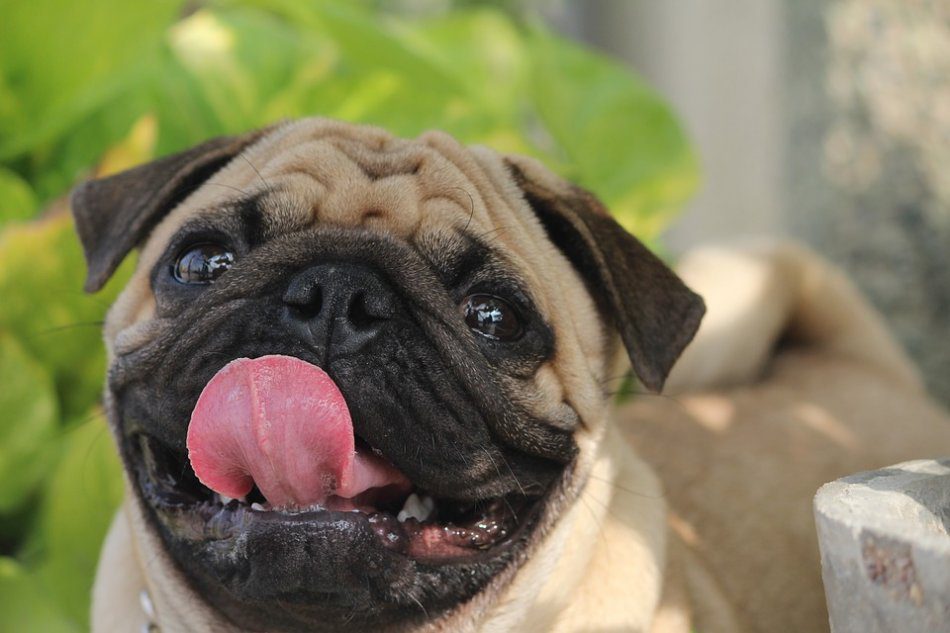
Photo: maxpixel.net
Of course, it is up to you to decide whether you are willing to pay for such selection, but at least you should choose a dog with the understanding that frequent visits to the veterinarian are indispensable, and the life of a pet of a breed that is vulnerable in terms of health can be much shorter. than you would like.
And be sure to ask the breeder about the results of tests for genetic diseases.
What else influences the choice of dog breed
It is important to decide how much time and effort you are willing to spend on dog care. But keep in mind that here the pros often have a downside.
For example, there is not much wool from the Hungarian vizsla in the house, but at the same time in the winter in a harsh climate it can freeze, and you will need to purchase clothes for the pet.
The Wirehaired Fox Terrier, like other breeds with this type of coat, does not shed, but requires regular trimming (pulling out dead hair) – which means you need to either do it yourself (which is quite laborious) or pay for the services of a groomer.
The Newfoundland will not freeze in the cold winter, it does not need to be cut, but it is necessary to comb it regularly, and during the molting, the wool will be something like seasoning for soup.
Do you have any children Do you plan to have heirs? Some dog breeds are more suitable for families with children (such as Collies, Labradors, and Golden Retrievers) than others. However, the main thing is still education, and not only the dog, but also the child. And the responsibility for how the relationship of children with the pet develops lies entirely with the parents.
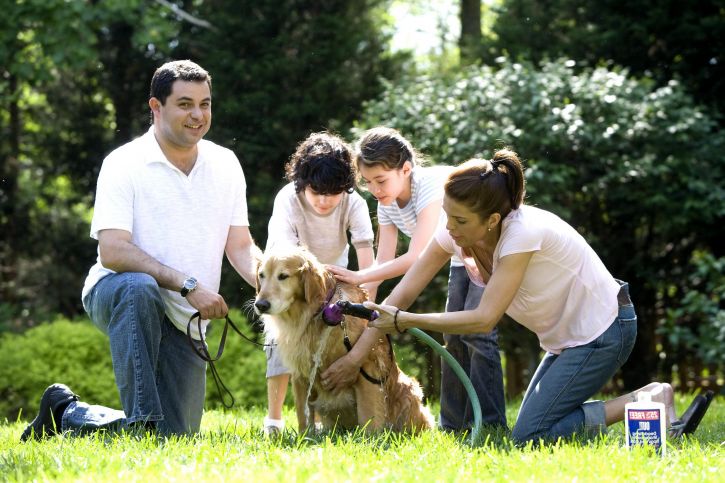
Photo: pixnio.com
Why is it important to choose the right breeder?
Whatever breed of dog you choose, it is extremely important to choose the right breeder. After all, the health and mentality of your pet depends on how carefully the mating was planned and the producers were selected, as well as on how the future mother and puppies were looked after.
From which nursery should you run as far as possible:
- If you are not shown the conditions for keeping dogs.
- If the dogs in the kennel live in cages. In this case, you may encounter difficulties in accustoming the puppy to cleanliness, as well as problems with socialization.
- If the dogs live outside the city and at the same time the breeder does not pay enough attention to socialization. You run the risk of facing a lot of fears and are unlikely to be able to raise a good companion or dog from such a puppy for sports.
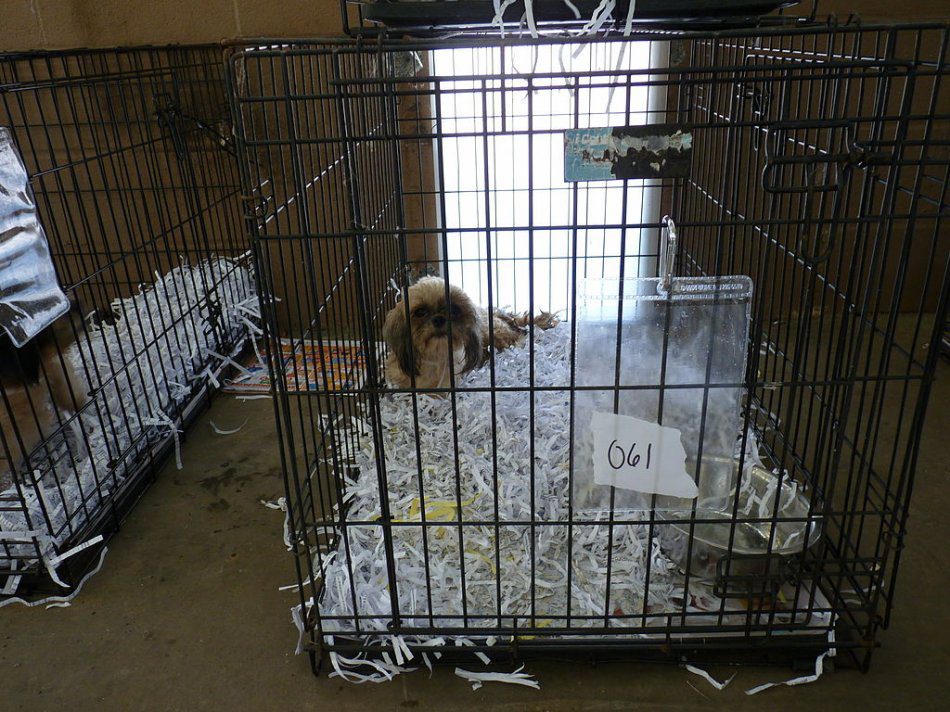
Photo: wikimedia.org
And what if you take a mongrel?
There is nothing wrong with choosing a mutt as a pet. But it’s worth doing this with your eyes open, realizing that a mongrel puppy is a lottery. You will not be able to predict what size it will grow and what character it will have.
However, most often mongrels become wonderful friends and companions.
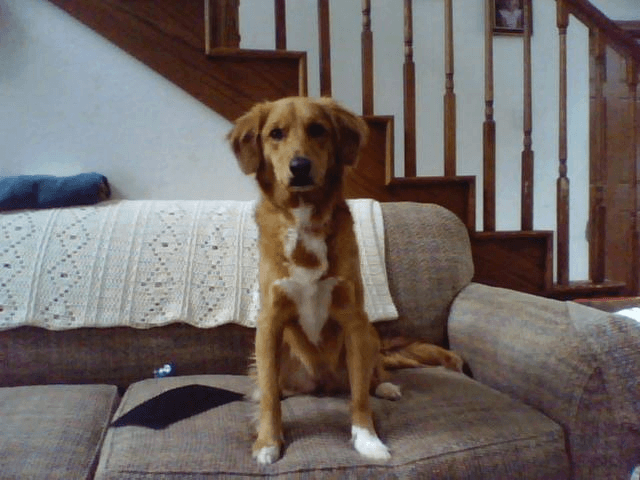
Photo: wikimedia.org
What breed of dog (or mongrel) to choose is up to you. But the more carefully and responsibly you approach the choice, the happier your life with your pet will be.




